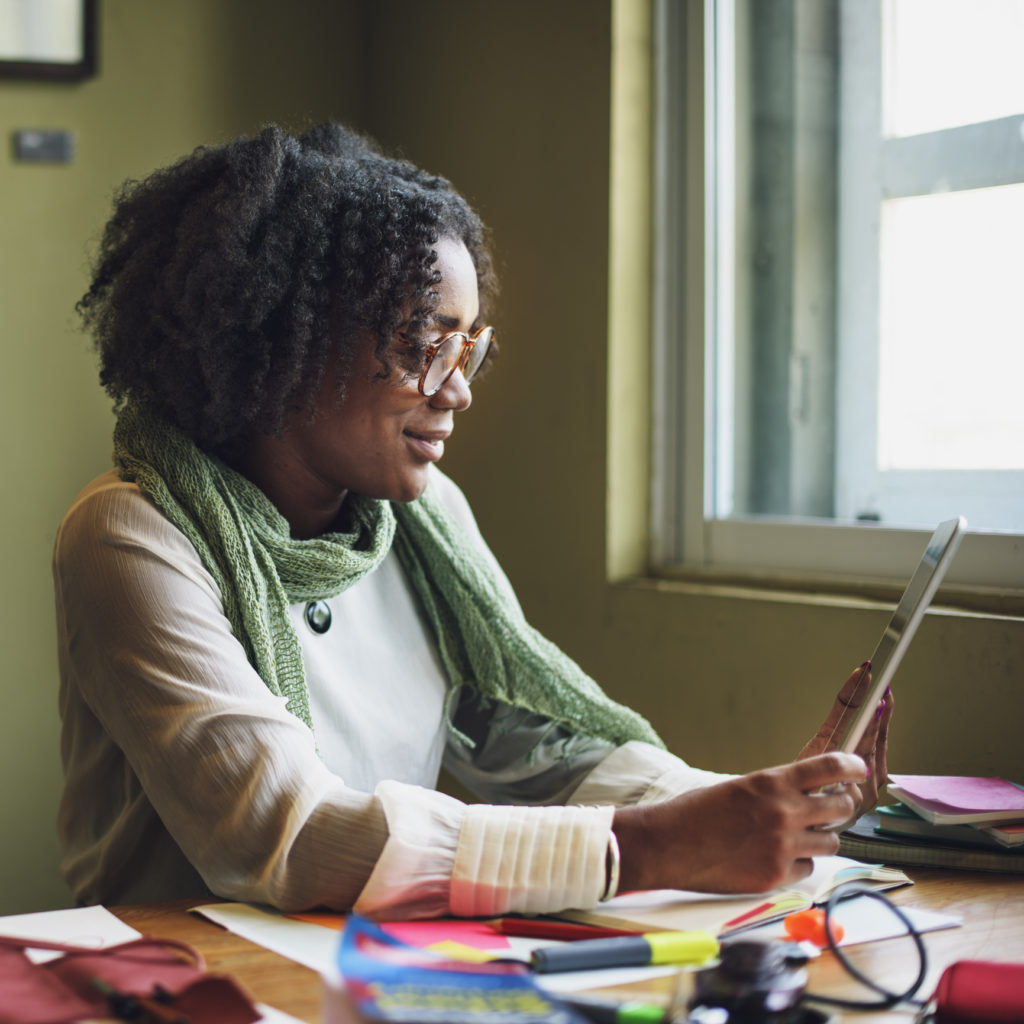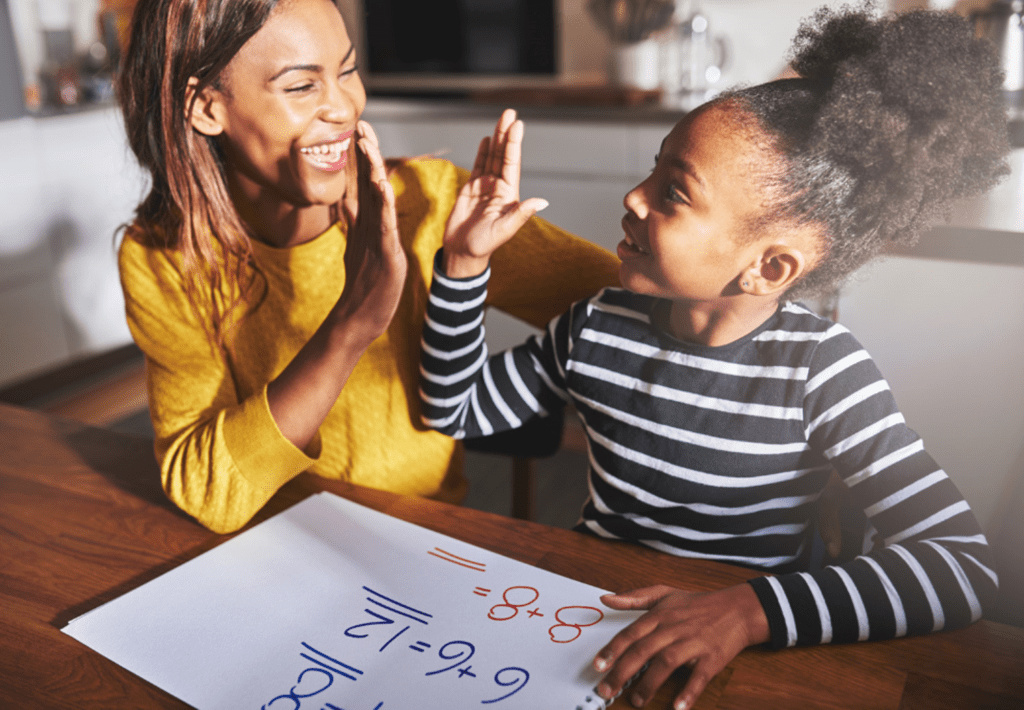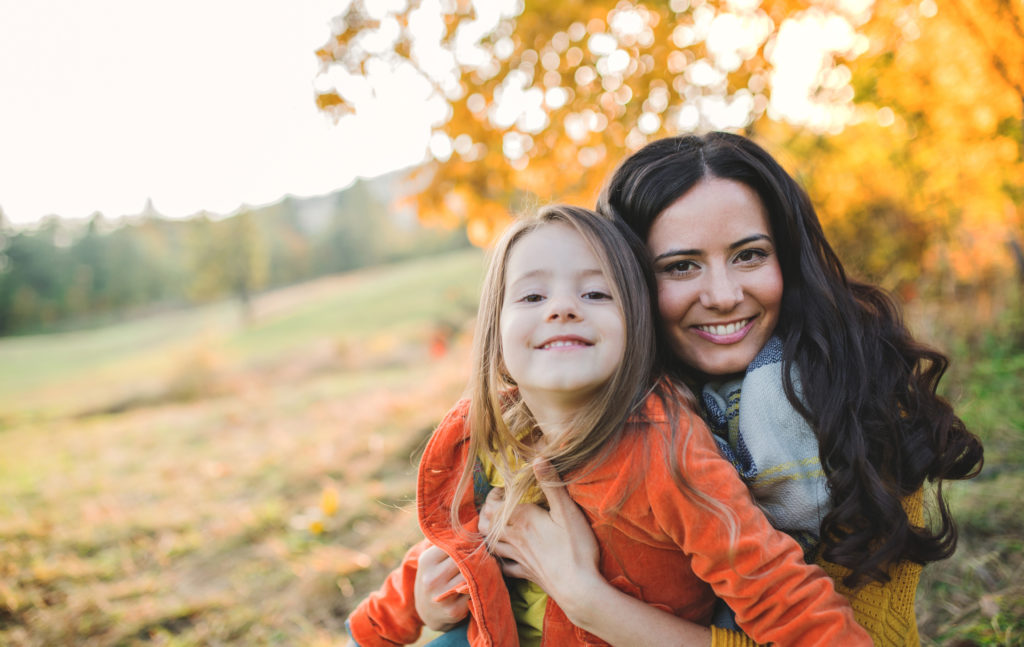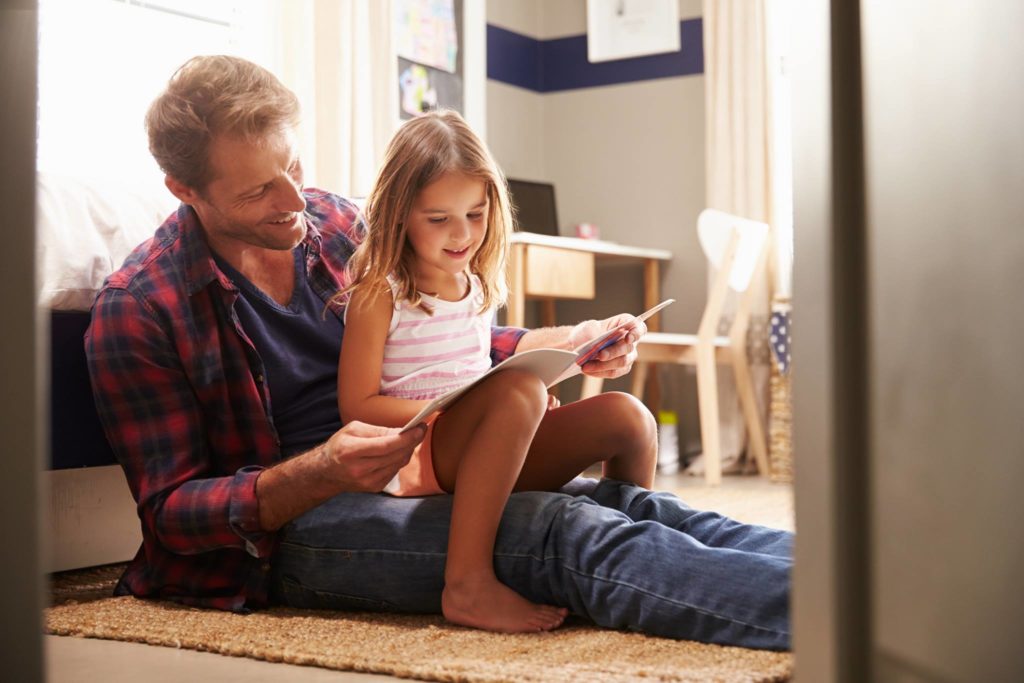Ways Parents Can Help Their Children Cope with Social Distancing
Updated 9/10/20 with tips for the new school year.
It’s no secret children are missing their typical activities with friends, at school, and other routines since the COVID-19 pandemic began. Enforced social distancing has brought about excessive TV and screen time, sleeping in, isolation and stress.
Fortunately, parents and caregivers can take steps to protect their family’s emotional health and mental well-being during this difficult time.
YMCA behavioral health clinicians who work daily with children and families, offer the following suggestions and guidelines for parents and caregivers during the COVID-19 crisis:
Establish and Maintain Routines
Children benefit from back to school structure, which provides time management and a schedule. Parents can offer some flexibility with times outside of school, but should encourage children to create a routine. Suggest time limits for screen time, completing chores and exercise, and create family time and sharing at least one family meal each day. It may be helpful to create a group text as a reminder.
Go Outside
Even as the weather changes, time outdoors is vital to good health. Suggest an hour outdoors, walking, jogging, biking or walking the family dog in fresh air, sun or even in the rain. Everyone needs a change of scenery from interior walls! Being in nature helps alleviate stress. Talk about nature and mindfulness so that children are present and experience the beauty of the senses.
Schedule Activities
Kids and adults need something to look forward to like family game night, living room karaoke, building an obstacle course in the backyard, a scavenger hunt or video game tournament. Let each family member have a turn choosing the activity.
Create Dialogue and Talk Time
Parents should be open to talking to children about the changes that have happened since the COVID-19 crisis started. Silence promotes anxiety. Make sure discussions are age appropriate. Limit news exposure about illness and death counts for younger kids. If children ask about the virus and people who have died, try to explain “how most people survive” and share age appropriate information and offer reassurance. Talk about how families are working to help flatten the curve by staying home, social distancing and washing hands, etc.
Breathe
Encourage children to take three deep breaths when they are feeling nervous or worried. For younger children, suggest they breathe in as if they are smelling an imaginary piece of cake and then exhaling as if they were blowing on a pinwheel! Parents can practice deep breathing exercises as well.
Help Someone
If possible, talk to children about donating food to others in need, or learning how to sew reusable face masks. Ask them to think of ways to perform random acts of kindness for other people in your home. Children can also call grandparents, or aunts and uncles. They can text or e-mail pictures or drawings to people they can’t visit.
Practice Self-Care

Make sure you are taking time to check in with your own feelings. It’s appropriate and helpful to model how to share feelings. Ask children “how they feel,” naming the emotion and how it feels in their bodies, why they think they’re feeling it and what they’re doing to cope with it in a healthy way.
YMCA of Greater Monmouth County’s counseling and social services team is continuing to provide essential support to children, teens, and adults in need of outpatient behavioral health services, including mental health care and addiction recovery. Licensed counselors are available in person and via telehealth.
Urgent in-person counseling is available at the Y’s outpatient office locations in Eatontown and Matawan, Monday-Friday, 9 a.m.-5 p.m., by appointment.
For information on telehealth and in-person counseling, call 732-290-9040. A daily answering service is available after business hours, and anyone experiencing an emergency should call 9-1-1.



